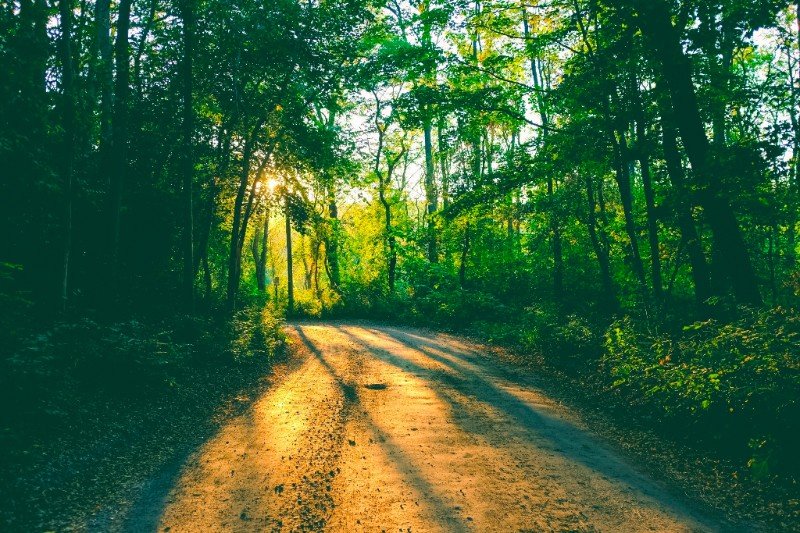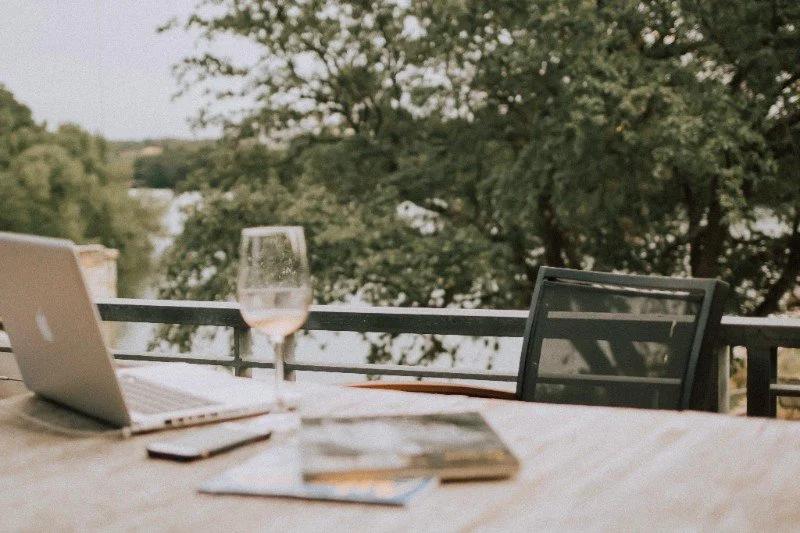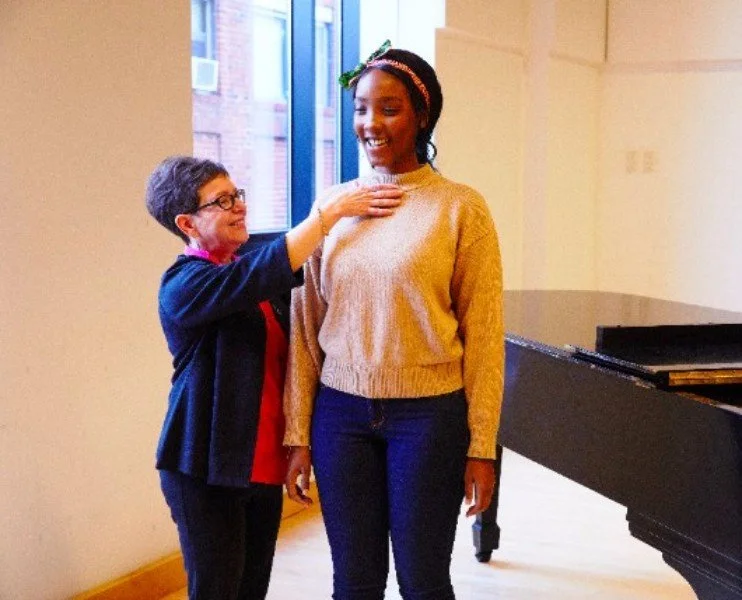Spring Update • Jun. 2018
Sara Goldstein Studio
BOOK A LESSON
Email me with your availability to book a lesson!
REFER A FRIEND
Thoughts from "Up Here" • June Update
Hello Friends,
Greetings! It's almost summer! The school year is winding down and the horizon is opening up to a time of restorative activities and exploration. Finding time to write my newsletter is one of those projects.
Enjoy!
Sara
P.S. If you would like to read my past newsletters, you can now view them on my website: saragoldsteingall.com
WALKING AND SINGING with mosquitoes
WALKING GOALS
Many discoveries come with my morning walks. The route I take most often is easy and beautiful for the first 20 minutes or so. Then comes the first big hill. When do I start thinking about that hill? Quite far in advance! Instead of enjoying each moment of this beautiful walk, I disconnect from where I am in the moment and instead, focus on the upcoming hill. When I reach the hill, I am looking to the top of it, anticipating reaching that spot. The fact is, I can climb this hill with a little more effort than the flatter parts of the walk, and even while climbing it, if I refrain from habitual judgments, it's pleasurable!
Now, at the end of the walk is the highest hill! Dwelling in advance on being a little out of breath for--yes, I timed it--3 minutes and 44 seconds--does not compare to the pleasures that this walk brings; lake views, birds, clouds and sky--and the satisfaction of climbing those hills.
What if I were to experience this walk each day as if for the first time? Habits of thought serve us well in many cases: they allow us to do routine things and to draw conclusions based on past experience, like bringing an umbrella when it's going to rain. Staying present, in the moment alleviates stress and worry, and offers us more ease in our endeavors.
“Every simple act must be approached as if we have never done it before.
Then we can figure things out.”
-F. M. Alexander
DON'T LET IT BUG YOU
When the mosquitos are biting I get irritated, and start slapping and scratching and flailing to keep them at bay. When the bites itch, everyplace else seems to itch, too! But if I pause and focus on one bite only, it is indeed itching, but remarkably, the rest of my nervous system is able to quiet down and that small annoyance is back in perspective with the rest of my mostly comfortable self. When we pause to notice our reactions, we can choose how to respond to small annoyances as well as large challenges.
FOR SINGERS
Photo with my student, Amy Onyonyi
Photo by Dave Green. Copyright 2018 Boston Conservatory at Berklee
We can relate these experiences to what happens to singers in performance. The hill ahead can be a difficult passage on the next page, or a high note at the end of an aria. Instead of fully experiencing ourselves in the moment of performance (sensing tone, poetry, acoustics, breath, and being), we are somewhere out ahead worrying about that hill we haven't yet reached. As it approaches we are already dreading it, and have lost touch with the pleasurable and meaningful sensations of singing. Of course we won't forget that there is a hill (high note). We have climbed it (practiced) many times. We may have a technical solution for landing that challenging note. But if we stay present throughout the performance, we will not suffer from the stress caused by endgaining--focusing on a future goal, while disregarding the pleasure of getting there
The mosquito bite is a lot like the imperfections that come along in performance and practice. Like the mosquito bite, little mistakes can send us into a scratching fit; or we can notice them realistically, in the context of everything else that is, appropriately, happening.
“Stick to principle and it will all open up like a giant cauliflower.”
-A. R. Alexander
What do you notice?
This summer I look forward to teaching workshops at Boston Conservatory and in the Berkshires. I am teaching at my Brookline studio through most of the summer.
ABOUT THE ALEXANDER TECHINQUE
The Alexander Technique helps us to function in harmony with our natural design and with greater efficiency and ease. Alexander lessons are recognized as a valuable resource to people of all ages, including performing artists, athletes, anyone with chronic or incidental pain or just wishing to improve wellbeing.
Book a Lesson with me, or Learn More on my website.



